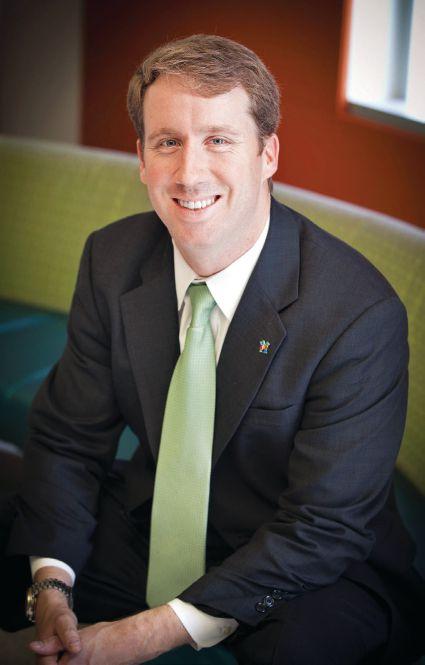
1 minute read
TORRANCE STUDENT RESEARCH INFLUENCES AMENDMENT TO STATE ABORTION BILL
Adrienne DeMarais Zertuche 07C 12MD/ MPH knew with a strong conviction that she wanted to be an obstetrician and gynecologist. She liked the opportunity of having lifelong relationships with her patients and caring for them during the special time of pregnancy and birth. Now, as a medical resident at Emory, she can fully experience the varied work in her specialty. But before she graduated last spring, she learned an early lesson in how politics can affect how she practices medicine.
When DeMarais Zertuche was on her way to earning an MPH, Rollins Professor Roger Rochat was looking for students to assist the Georgia Obstetrical and Gynecological Society with an assessment of obstetric providers in the state. She signed on and helped organize the Georgia Maternal and Infant Health Research Group (GMIHRG) to recruit medical, nursing, and public health students to help with the project. What the students found was a worsening situation for pregnant women outside of metro Atlanta. In the course of their research, they also got a primer on the political process and negotiation.
The students called all 63 birthing facilities outside the metro area to gauge the obstetric provider workforce and workload. They found that 38% have no obstetricians and 70% have no certified nurse-midwives. Overall, 52% of the greatest impact by drafting a “report card” for each legislator’s area and offered to help distribute the cards. The project coincided with Cooper’s efforts to kill HB 954.
In the end, the cards helped the bill’s supporters and opponents work out an amendment that made an exception for a medically unviable fetus. “We were able to make a horrific bill into just a terrible bill,” Cooper says. “The cards give us a well-done study and information to take to the speaker and governor as we go forward and say to them, ‘Look what’s happening and what can we do about it?’
“The students learned about the political process,” she continues. “Physicians often don’t get involved in it. They are busy and doing the best job they can to take care of patients. But people who have no medical background are making decisions about how doctors practice. Doctors need to get involved in the political process.”
DeMarais Zertuche admits the political process was tough. Late into the last day of the legislative session, the bill was still up for vote.







